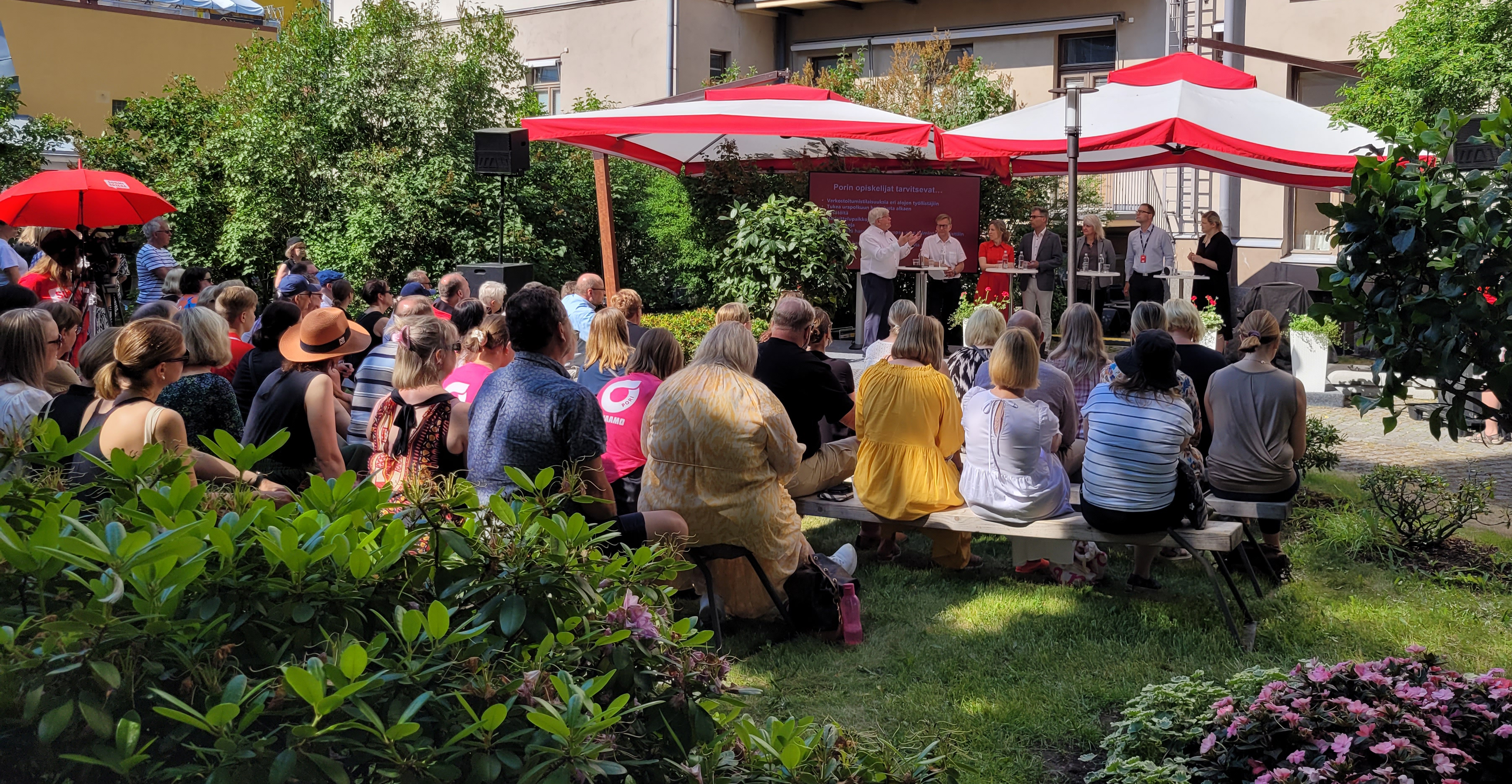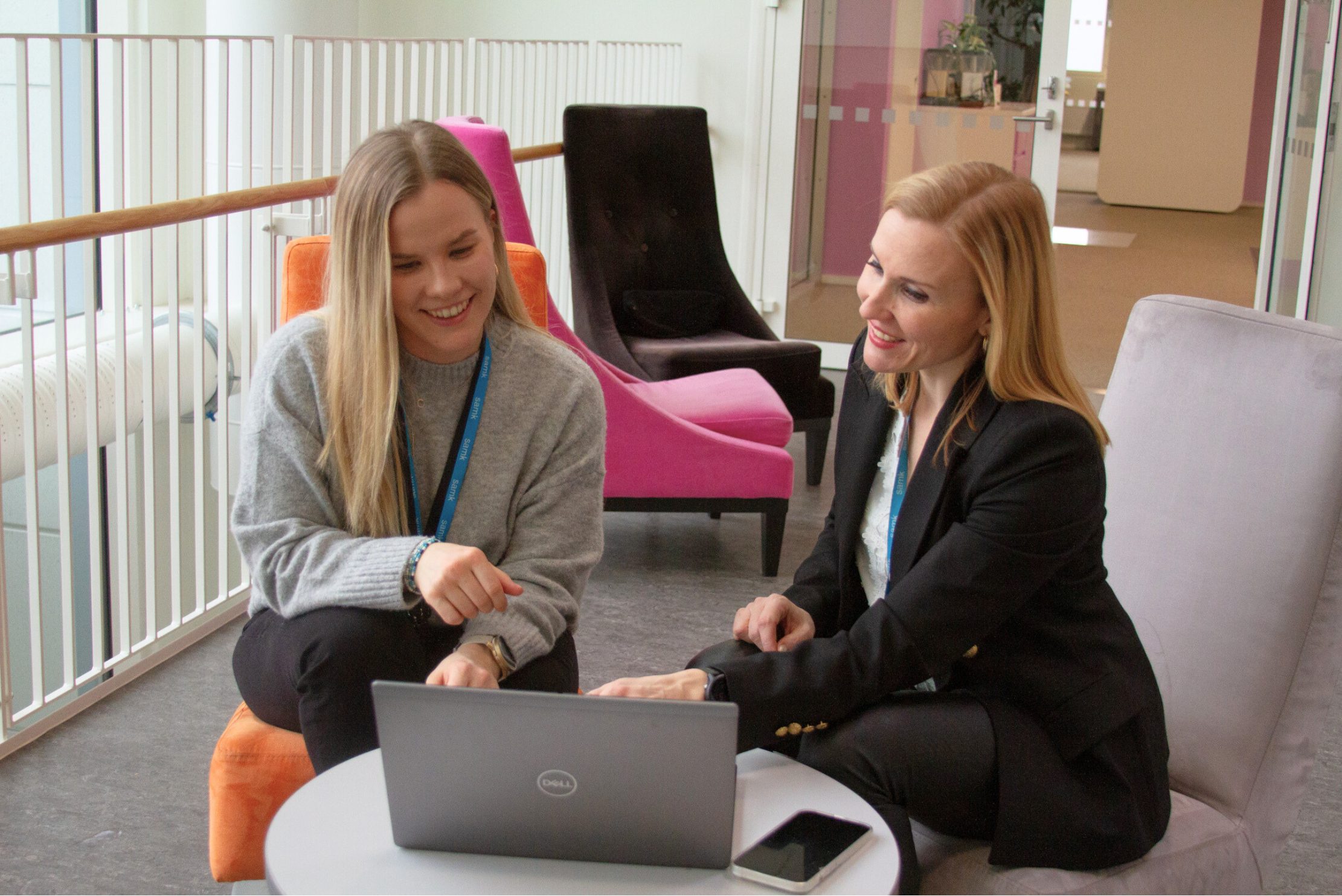Flood control in Baltic Sea cities provides tools for cleaner Sea
Cities and universities around the Baltic Sea are developing a flood control planning solution for city planners. The tool, called “NOAH”, will help cities to prevent flooding and reduce pollution of the Baltic Sea.

Floods causing inflows of pollutants into the Baltic Sea
Effective management of urban stormwaters is one of the largest environmental problems faced by cities around the Baltic Sea. Climate change brings along intense rainfalls and storms in the Baltic Sea region. Urban drainage systems are not capable to handle this, and therefore floods are becoming more common in the densely populated areas. Floods increase the risk of untreated wastewater being flushed from urban drainage systems into the nature. This is harmful to people and the environment due to the excessive amount of nutrients, hazardous substances and pathogenic microbes of the wastewater.
Holistic planning and smart drainage systems
Urban areas can be prepared for floods by improved planning and self-adaptive drainage operations. The NOAH project has brought together nine towns and water utilities, seven academic and research institutions and two umbrella organizations from six countries around the Baltic Sea to join their forces. Location of the partners fosters capacity building from North to South and West to East. The challenges to be solved vary from area to area – and similarly does the expertise among project partners, which is a notable advantage for NOAH. For example, the city of Pori in Finland will share their profound experience of monitoring river conditions and preparing for floods. Water companies, for their part, bring to the project hands-on expertise on operating urban drainage.
NOAH’s aim is to create a concept for holistic planning and implement smart drainage systems in real urban environments. Holistic planning combines stormwater management with spatial planning. This is followed by the development of smart systems to make the existing facilities resilient to the impacts of climate change.
The Finnish partners are in key roles in the project. Satakunta University of Applied Sciences is responsible for managing project communication. The City of Pori provides knowledge of river flood control and on the other hand gains new knowledge on storm water control. Natural Resources Institute Finland (LUKE) works with water quality analysis to demonstrate the impacts of actions performed on pilot sites.
Healthier and cleaner Baltic Sea
Implementation of the concept can cut up to half of the inflow of pollutants from urban areas into the Baltic Sea. As a result of NOAH, a catchment-based stormwater planning solution is tested and adapted to the urban planning procedure of the partner cities. The NOAH concept will be easily scalable to any urban area around the Baltic Sea. The activities will be anchored into daily practices of towns and water utilities, for mitigating impacts of climate change, and leading to healthier and cleaner Baltic Sea.

More information about Interreg Baltic Sea Region NOAH project
NOAH “Protecting Baltic Sea from untreated wastewater spillages during flood events in urban areas” is accepted for funding in the Interreg Baltic Sea Region Programme (Priority 2: Natural resources, Objective 2.1: Clean waters). As many as 114 projects applied for funding and 31 projects were funded. Within NOAH, altogether 18 partners, led by Tallinn University of Technology, will work for cleaner Baltic Sea from 1 January 2019 to 30 June 2021.
Contacts:
Project communication manager, Minna Keinänen-Toivola, Ph.D.
Satakunta University of Applied Sciences, Finland
E-mail: minna.keinanen-toivola@samk.fi
Phone: +358 44 710 3063
Project coordinator, Ivar Annus, Ph.D.
Tallinn University of Technology, Estonia
E-mail: ivar.annus@taltech.ee
Phone: +372 620 2557


